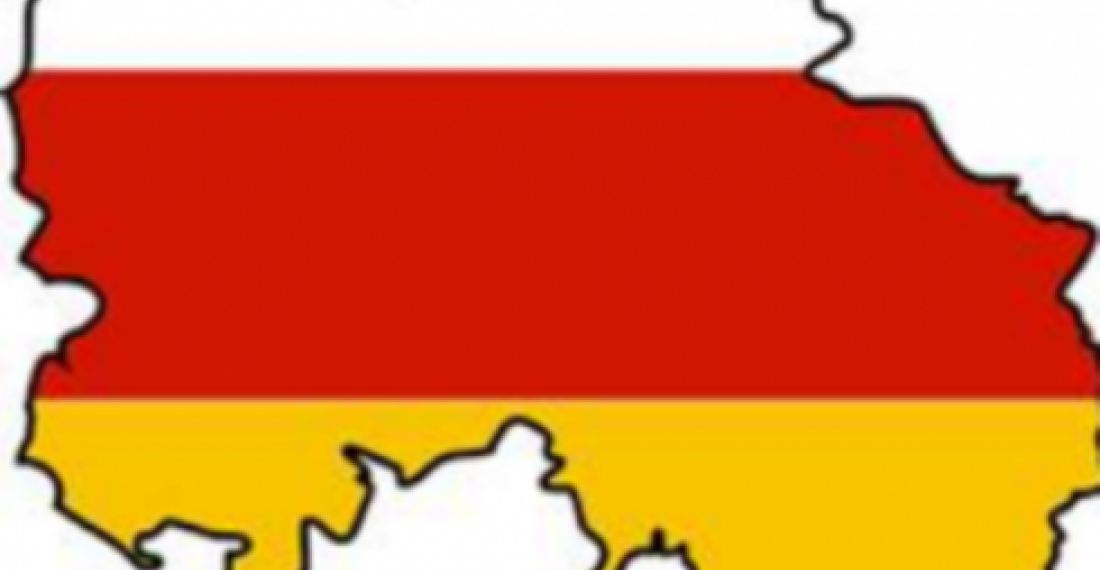There is tension in the capital of the self declared republic of South Ossetia as voters wait for the official results of the elections for President which were held yesterday. The two candidates, Anatoly Bibilov and Alla Dzhioyeva are both claiming victory.
According to the latest updated preliminary data of the republic's Central Election Commission (CEC), after counting 50.59 percent of the votes Alla Dzhioyeva has scored 9,972 votes (51.37 percent) and Anatoly Bibilov - 8,971 votes (46.21 percent).
There were tough security measures after polling closed yesterday with around two hundred law enforcement officers deployed in the main square of Tskhinvali. Despite the fact that the territory has a very small population the political situation is highly polarised.
source: commonspace.eu
previous article on this subject: The Blessing! Russian President Medvedev met South Ossetian Presidential candidate Anatoly Bibilov in Vladikafkaz, ahead of elections on Sunday







